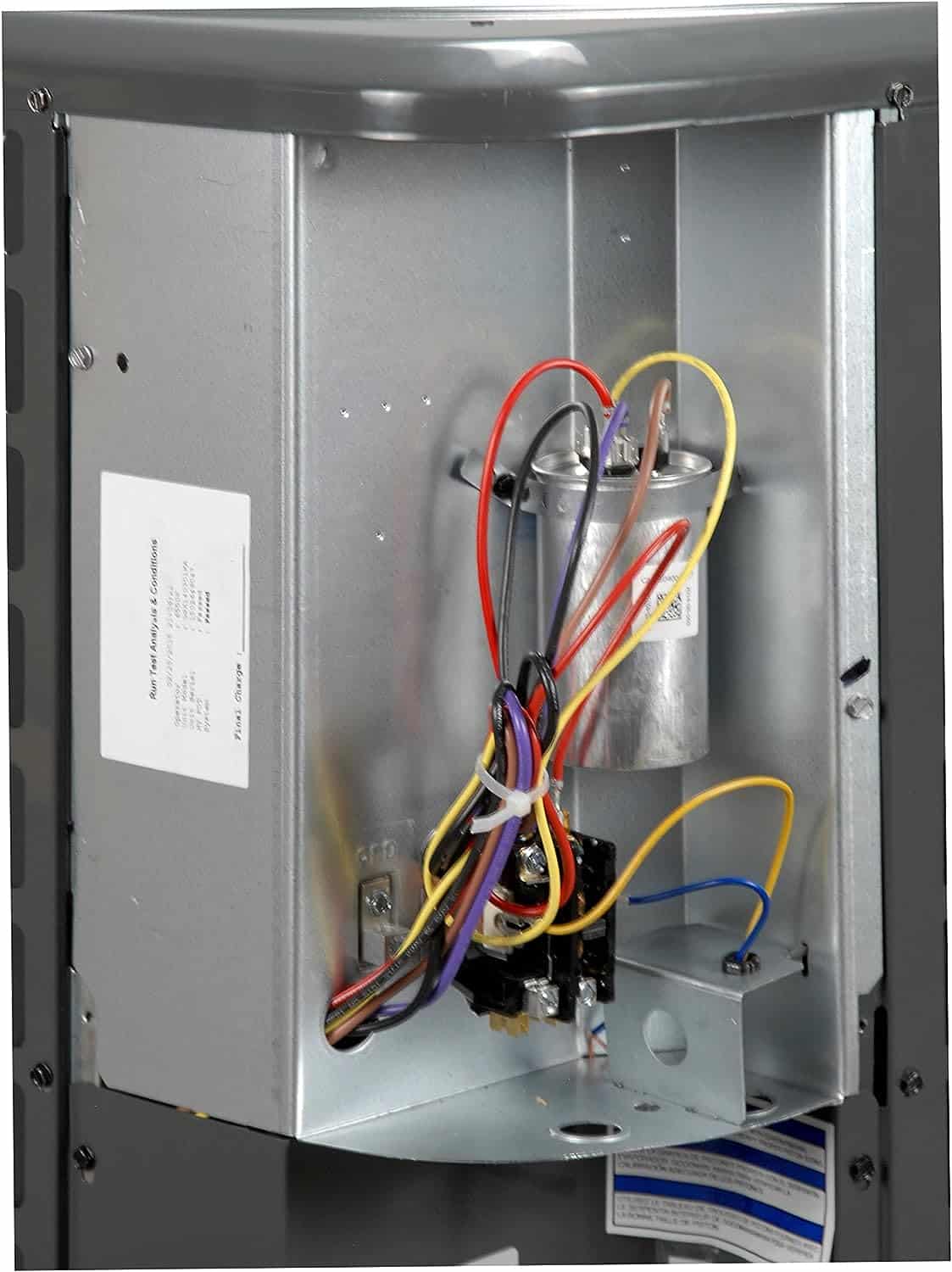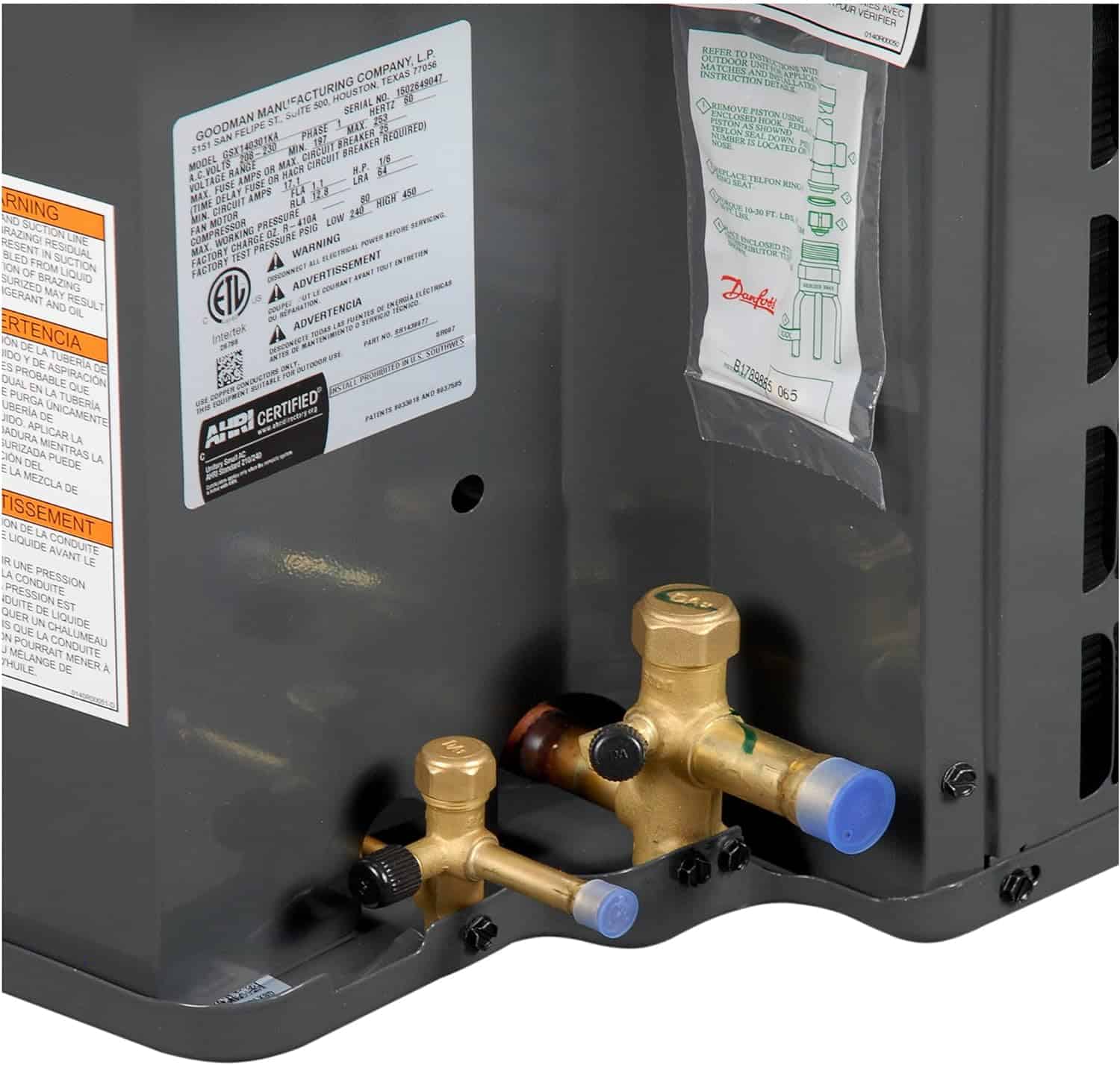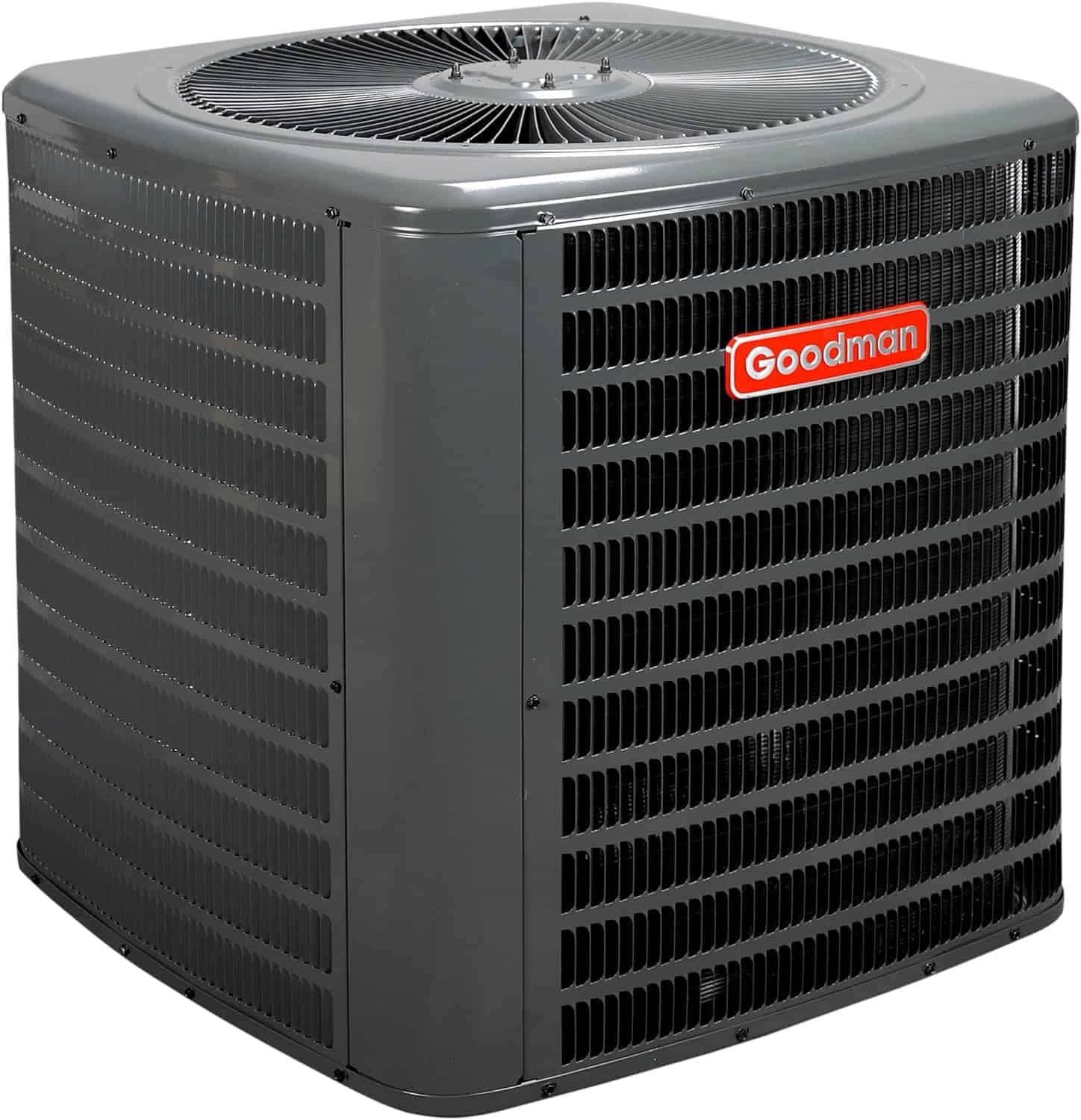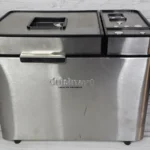If the fan on your outside air conditioner (AC) unit isn’t turning on, your home may not get cool. The fan in the outdoor unit is crucial for your AC to work well, as it removes warm air from your house to the outside. If the fan doesn’t turn on, it can’t circulate the air, and your AC won’t be able to cool your home. There are several common reasons why the fan might stop working. A power issue can be the cause. If there’s no power, the fan won’t start. Always check the AC’s circuit breaker first.
If it has tripped, the fan won’t work. Another potential problem could be a broken part called a capacitor. The fan needs this part to start and run. If the capacitor fails, the fan won’t spin. If you notice that the fan isn’t turning, start by checking the power supply. Then, see if the unit is making any noise. If there’s no noise, it might indicate a power problem. If the unit is noisy but the fan isn’t spinning, a faulty capacitor could be the issue. If you’re unsure about what’s wrong, it’s best to seek help from a professional. They are knowledgeable about AC units and can safely fix any issues.
Troubleshooting Your Air Conditioner Fan: No More Silent Treatment
If the fan on your outside air conditioner unit isn’t spinning, it could be due to a few common problems. Here are some troubleshooting tips to help you get it up and running again.
Check the Power
Before you do anything else, check the power to your AC unit. Ensure the unit is turned on and the circuit breaker hasn’t tripped. If the breaker has tripped, reset it. If it trips again, call an electrician to investigate the issue.
Inspect the Condenser Unit
The condenser unit houses the fan and other essential components. Ensure nothing is obstructing the fan, such as debris or overgrown plants. Remove any obstructions and try turning the unit on again.
Examine the Fan Motor
A faulty fan motor could be the culprit. You can check for continuity using a multimeter. If there’s no continuity, the motor needs replacement. This is a job for a qualified technician.
Look for Capacitor Issues
The capacitor helps the fan motor start and run. A bulging or leaking capacitor indicates a problem. If you’re comfortable working with electrical components, you can replace the capacitor yourself. Otherwise, call a technician.
Check the Fan Blade
The fan blade could be damaged or obstructed. Carefully inspect it for any damage and ensure it spins freely. If the blade is damaged, it needs replacement.
Additional Tips
- If you’re not comfortable working with electrical components, don’t hesitate to call a qualified HVAC technician.
- Regular maintenance can prevent many AC problems, including fan issues.
- Consider investing in a surge protector to protect your AC unit from power surges.
When to Call a Professional
If you’ve tried these troubleshooting tips and the fan still isn’t working, it’s time to call a professional HVAC technician. They have the expertise and tools to diagnose and fix the problem safely and efficiently.
Remember, a malfunctioning AC fan can lead to further damage to your unit, so addressing the issue promptly is important.
Identifying Common Causes of AC Fan Malfunctions
In an AC system, the fan in the outside unit is key to keeping your home cool. Let’s check why it might stop working.
Electrical System Issues
Problems in your AC’s electrical system can stop your fan. This includes a tripped circuit breaker or a blown fuse. Check your home’s fuse box. Look for flipped switches or burned-out fuses. If you see any, you may need to reset the breaker or replace the fuse.
- Circuit Breaker: Check if it’s tripped.
- Fuse: Look for signs it’s blown.
- Wiring: Inspect for any visible damage.
Capacitor and Motor Failures

The capacitor starts the fan and keeps it moving. If your fan won’t spin, the capacitor could be bad. A sign of this is a humming sound or no sound at all when your AC is on. Replace the capacitor if it’s bad.
- Start Capacitor: Gives the motor a boost to start.
- Fan Motor: Might fail and need replacement.
Airflow and Refrigerant Problems
A blocked air filter can lead to trouble. This can cause the evaporator coil to freeze and the fan to stop. Also, the fan won’t work right if your AC has low refrigerant. This could be from a leak. Call a pro to fix leaks and check your refrigerant.
- Air Filter: Should be clean for good airflow.
- Refrigerant Levels: Must be correct for cooling.
External Unit Obstructions and Cleanliness
Your AC might have dirt or leaves blocking it. This can make the fan stop working. Keep your unit clean. Remove leaves, dirt, and debris from around your outdoor unit to stop blocks.
- Clear Space: Keep it clean around your AC.
- Debris: Remove to avoid fan problems.
Thermostat and Control System Anomalies
Sometimes the problem is with your thermostat settings. Make sure your thermostat is set to cool and that the room temperature is higher than the thermostat setting. Wrong settings can stop the fan.
- Thermostat Settings: Must be correct.
- Control System: Should work fine. If not, call a technician.
Steps to Diagnose and Resolve AC Fan Issues
If your outside AC unit’s fan isn’t running, it might be a simple fix or a sign of a bigger issue. Follow these steps to pinpoint the problem and take action.
Initial Troubleshooting Procedures
First, check your thermostat settings and electrical panel. Ensure the thermostat is set to cool and that no breakers are tripped. Next, inspect the outdoor unit for any debris that might stop the fan blades. This includes leaves, twigs, or dirt. Shut off power to the unit before you clean around it. Look at the capacitor, which starts the fan motor. It is inside the outdoor unit. Use a multimeter to test the capacitor. If it’s bad, replace it. Remember to turn off power first.

Professional Assessment and Repair
Sometimes, you’ll need a pro. A licensed HVAC technician can check things that are more complex. This includes fan motors, compressors, contactors, and coils. They use specialized equipment for diagnosing. If your fan motor is the culprit, replacing it could solve the issue. If the compressor is to blame, that’s a bigger job. For any electrical concerns, an electrician might be needed. Always get quotes for repair costs. This will help you decide between fixing the problem or getting a new unit.
Maintenance Tips to Prevent Future Failures
Regular maintenance can keep your AC running smoothly. Clean around the outdoor unit often. Remove debris like leaves and dust. Keep indoor vents clean too. This helps the blower work better. Every year, have an HVAC professional check and maintain your system. They can spot and fix small problems before they grow.
When to Replace vs When to Repair
Consider the age of your AC unit and how much repairs cost. If your AC is old and repairs are expensive, it might be time for a new one. New models are more efficient and can save money in the long run. If the fix is small and your AC is still quite new, it’s usually best to repair it. Ask a trusted HVAC company for advice on the best choice for your system.
Frequently Asked Questions
When an outside AC unit’s fan stops, it’s often due to power issues, wrong settings, or part failure. This section answers common questions to help pinpoint and fix the problem.
What could cause the fan in my outside AC unit to stop spinning?
The fan may stop if there’s a power failure, a tripped breaker, or a damaged wire. Sometimes, dirt and debris can block the fan. The motor itself might also be bad.
Is there a way to troubleshoot my outdoor AC unit when the fan won’t run?
Yes, start by checking the power supply. Make sure the circuit breaker hasn’t tripped. Look for any visible damage to the unit. If the power is on and there’s no damage, the issue may be internal.
What steps should I take if my air conditioner’s outside fan isn’t working?
First, make sure the thermostat is set correctly. Check the power source and circuit breaker. Inspect the unit for debris. If these are all clear, the fan motor or capacitor may need professional help.
Could a faulty capacitor be the reason why my outdoor AC fan won’t start?
It’s quite possible. Capacitors give the fan motor the kick-start and power it needs. If the capacitor is bad, the fan won’t start. A professional can test the capacitor and replace it if needed.
What does it mean when my AC unit’s fan hums but doesn’t spin?
A humming sound suggests that power reaches the unit but the fan can’t spin. This could be due to a seized motor or a faulty capacitor. It’s best to turn off the unit and call a tech.
How can I determine if my outdoor AC fan issue is electrical or mechanical?
Listen for humming or look for obstructions in the fan blades. If the fan is clear and there are sounds, it might be electrical. No noise could signal a mechanical fault. In both cases, a tech is needed to diagnose and fix the issue.







